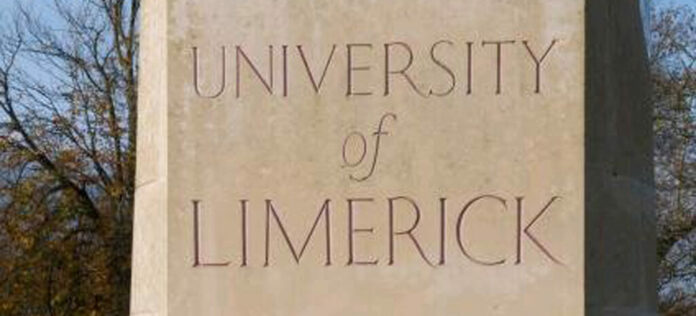RESEARCHERS from University of Limerick (UL) have found that women who feel stigmatised after having an abortion, experience increased psychological distress and physical health symptoms.The research has been published in the journal Psychology of Women Quarterly.
The article is entitled “Restricted reproductive rights and risky sexual behaviour: How political disenfranchisement relates to women’s sense of control, well-being and sexual health.
Dr Aisling O’Donnell of UL’s Department of Psychology, who led the research, explains, “While in the past, it has been assumed that having an abortion leads to worse mental or physical health, there has been no research-based evidence that this is the case. However, there is evidence that women who have abortions are stigmatised, and also that numerous types of stigma are linked to worse mental and physical health. That was the starting point for our research.”
Dr O’Donnell and her team, investigated whether the health issues that related to stigma also applied to the stigma surrounding abortion. The team focused particularly on Ireland, using online surveys to gather information from women who had had abortions about their feelings of stigmatisation and other mental and physical health symptoms.
“In Ireland, no one can escape the knowledge that abortion is stigmatised in our society, and this includes women who access abortion services,” Dr O’Donnell says.
“When women internalise this stigma, they feel isolated from others, and in turn this is associated with psychological and physical health problems.”
As her team’s research has found very real health problems associated with stigmatisation, Dr O’Donnell believes that it is incumbent on all citizens to reduce stigmatisation of those who have had abortions.
“Regardless of whether you would support access to abortion or not, we suggest there is no benefit to denigrating the moral character of any of our citizens, particularly when this is associated with worse psychological and physical health.”
These findings follow research Dr O’Donnell published with co-authors in UL’s Centre for Social Issues Research (Professor Rachel Msetfi, Dr Sarah Jay, Dr Michelle Kearns, Dr Elaine Kinsella, Dr Jennifer McMahon, Professor Orla Muldoon, Dr Catherine Naughton and Dr Ann-Marie Creaven) in the Journal of Health Psychology, which demonstrated that when women in Ireland feel disenfranchised regarding their reproductive health, they also feel a reduced sense of control, and in turn report increased risky sexual behaviours.
A native of Ennis, Colin McGann has been editor of The Clare Champion since August 2020. Former editor of The Clare People, he is a journalism and communications graduate of Dublin Institute of Technology.


